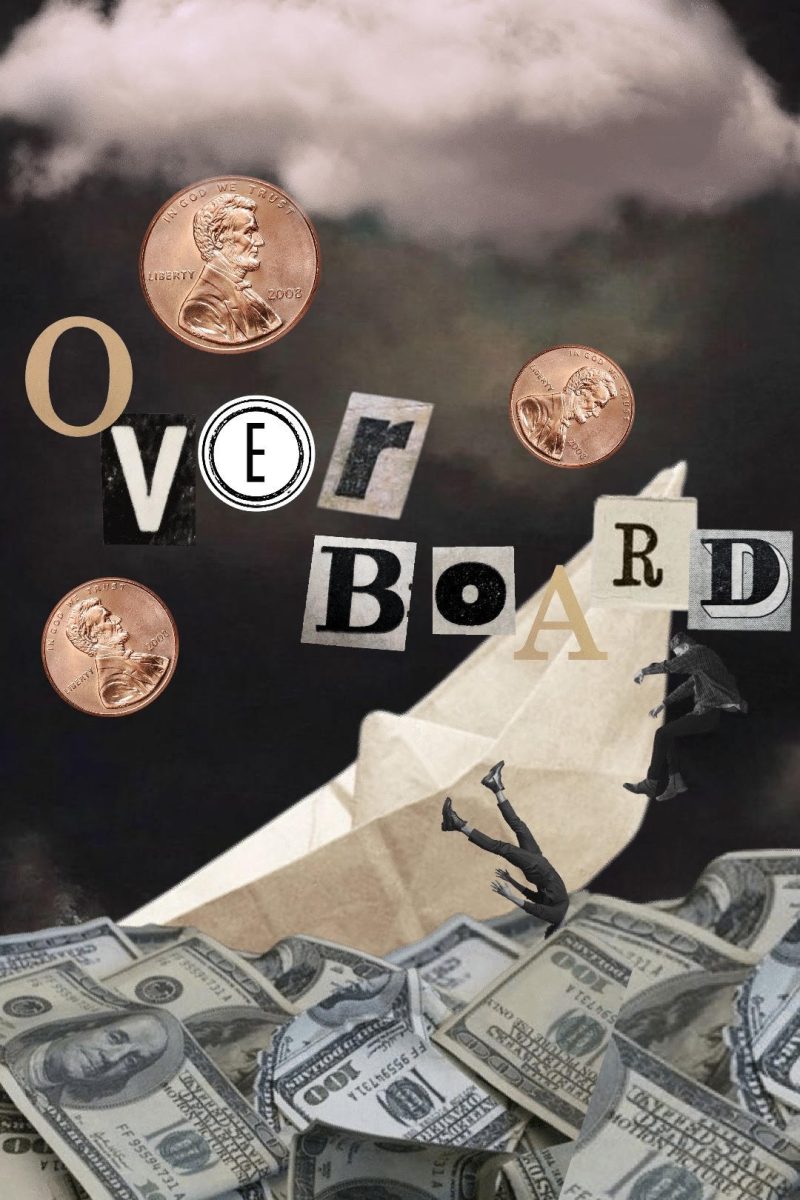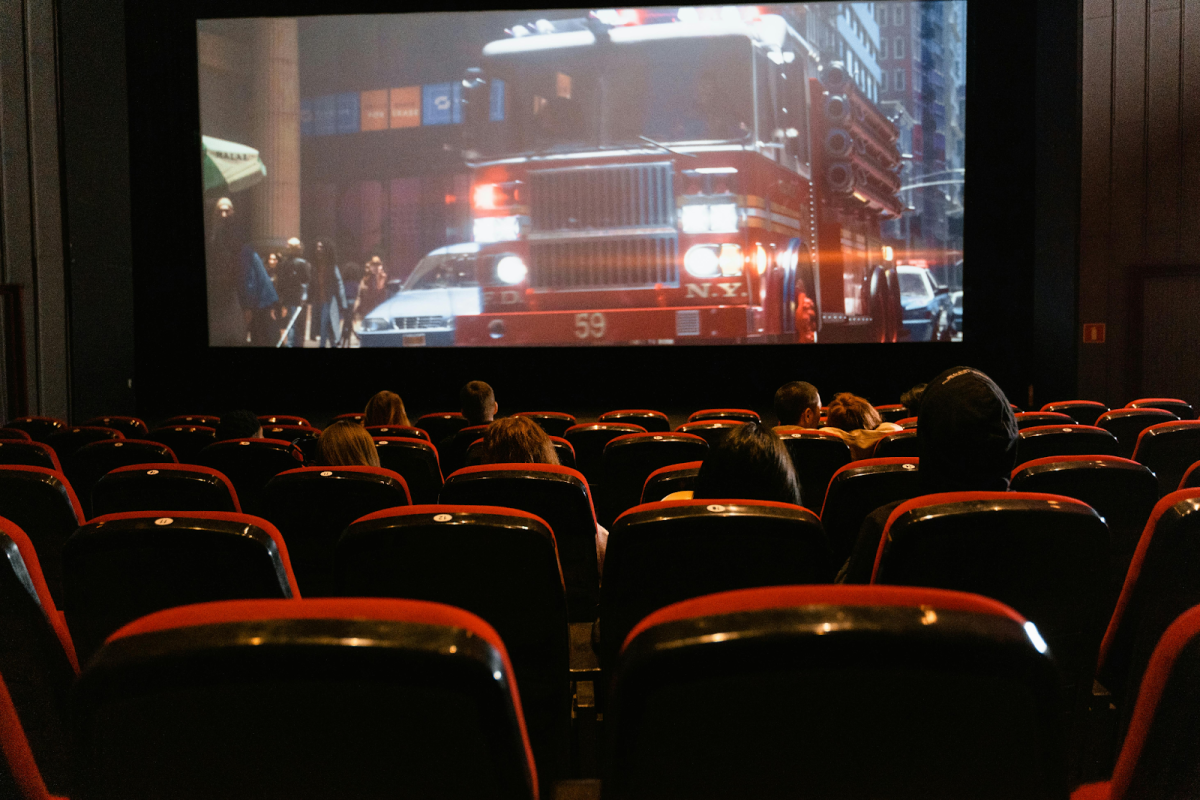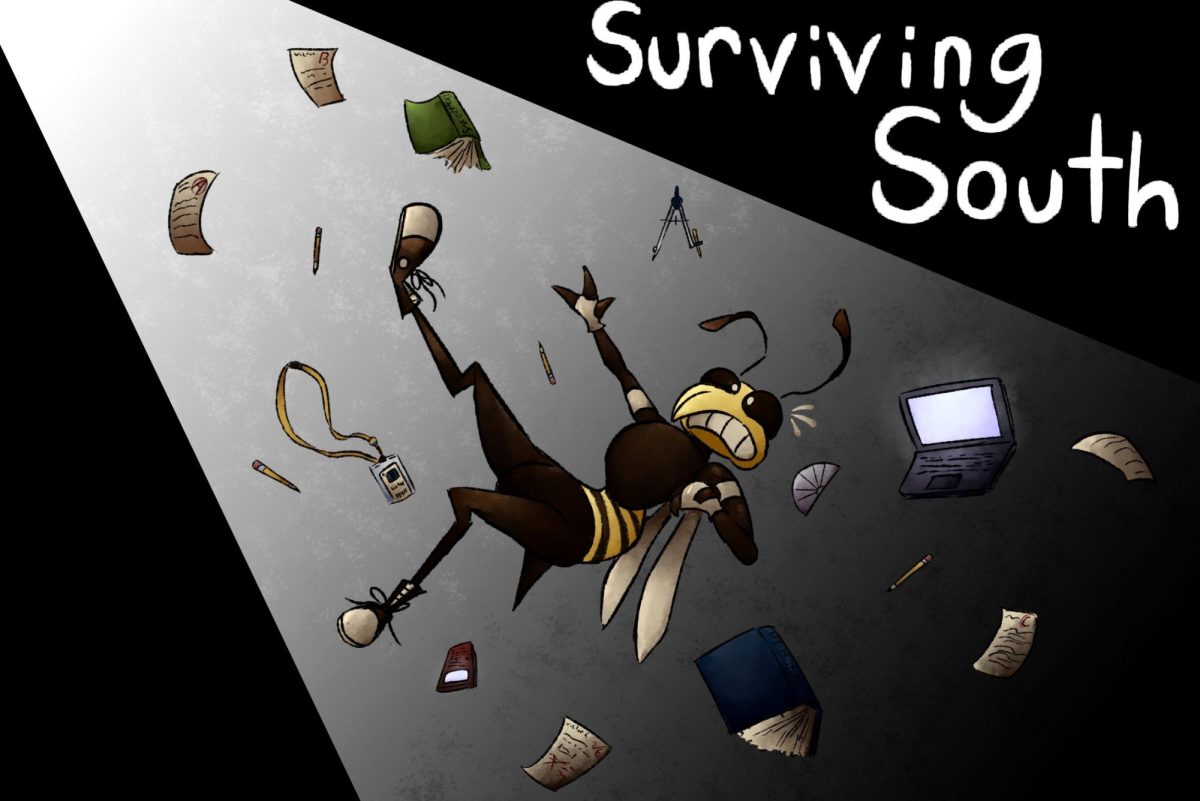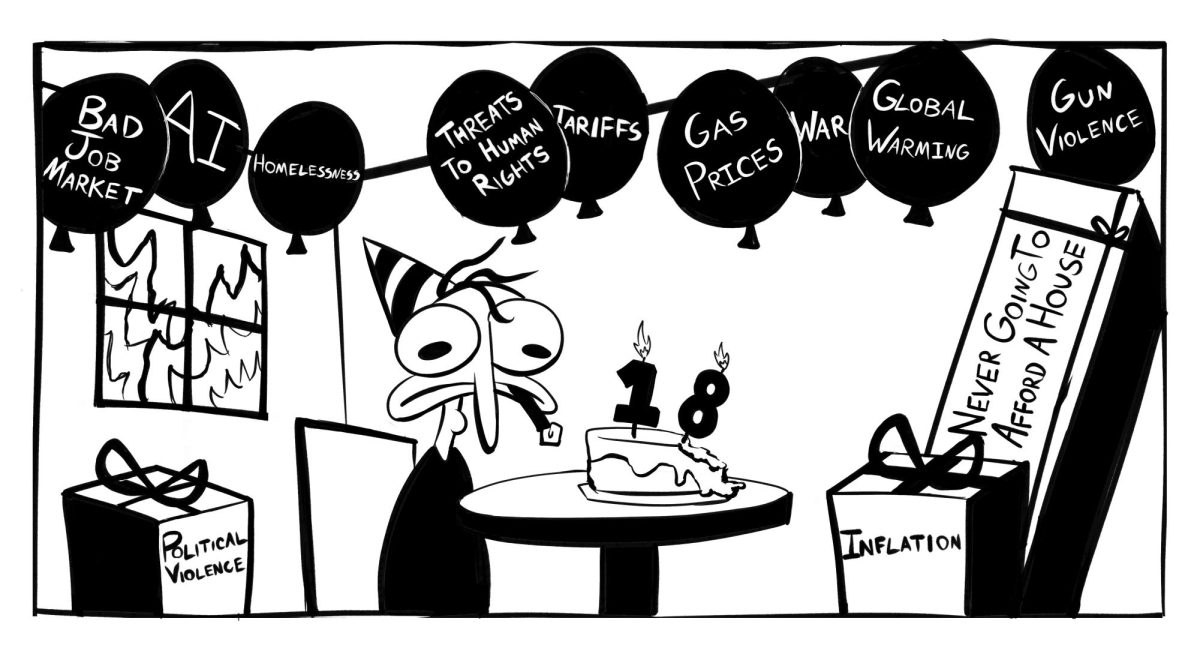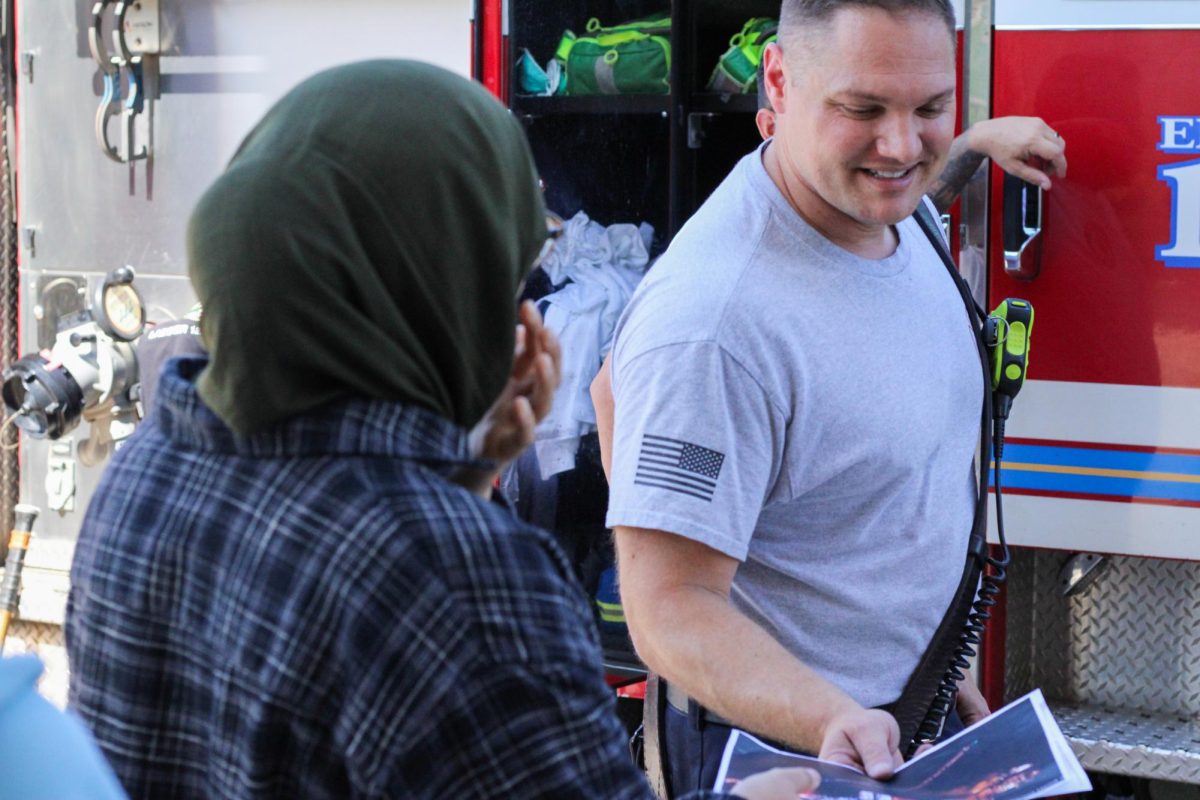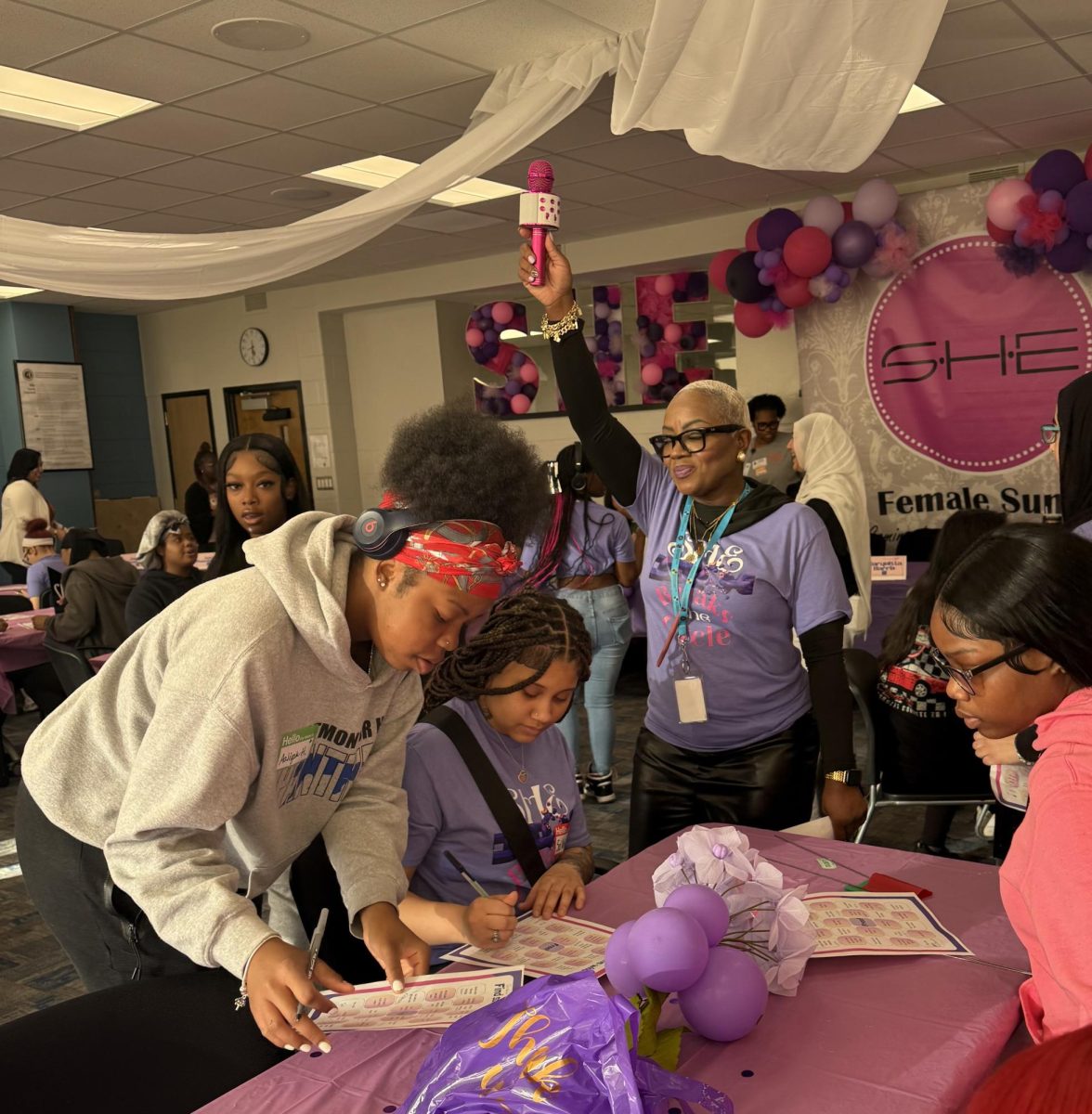In the United States, shared meals are a timeless ritual; family and friends often venture to family-owned restaurants for an intimate setting where they can enjoy this moment. Especially as Chicagoans endure the drastic, unpredictable weather conditions of the Midwest, nothing starts a person’s day off better than a steaming cup of coffee and home style pancakes.
Like homeowners to guests, waiters and waitresses are key figures in this experience that shape the mood of a meal. The occupation is severely under-appreciated for what the position entails; scrambling from table to table, they consistently keep guests satisfied and cater to their needs. Often, they receive the brunt of the criticism when food isn’t prepared to a customer’s liking, service is slow, or the menu is scarce.
As indicated by the U.S. Department of Labor, most servers are paid well below minimum wage at $7.80 per hour in Illinois. Thus, it’s imperative that we–even as teenagers with empty wallets–provide generous tips. Tips are their primary source of income after all.
As electronic payment methods rise in popularity, however, various chains like Starbucks and Panera Bread now offer the option to tip, expanding the domain of this courtesy. Interactions with these workers are often brief and disconnected, yet the question still generates a subconscious feeling of guilt in many.
At places like these, gratuity shouldn’t feel obligatory. Employees are generally amply paid; in Illinois, for example, Starbucks baristas earn an average wage of $15.70 per hour, according to Indeed data points, which is 18% above the national average.
Due to the fleeting nature of customers, their social duties aren’t as pressing, and with assembly line models, counter service, and pre-made, frozen meals as opposed to meals made from scratch, serving food is more efficient and effortless than ever before in these locations.
It’s okay to spare a penny or two for employees of chain businesses, but I would advise you to save your quarters for servers.

